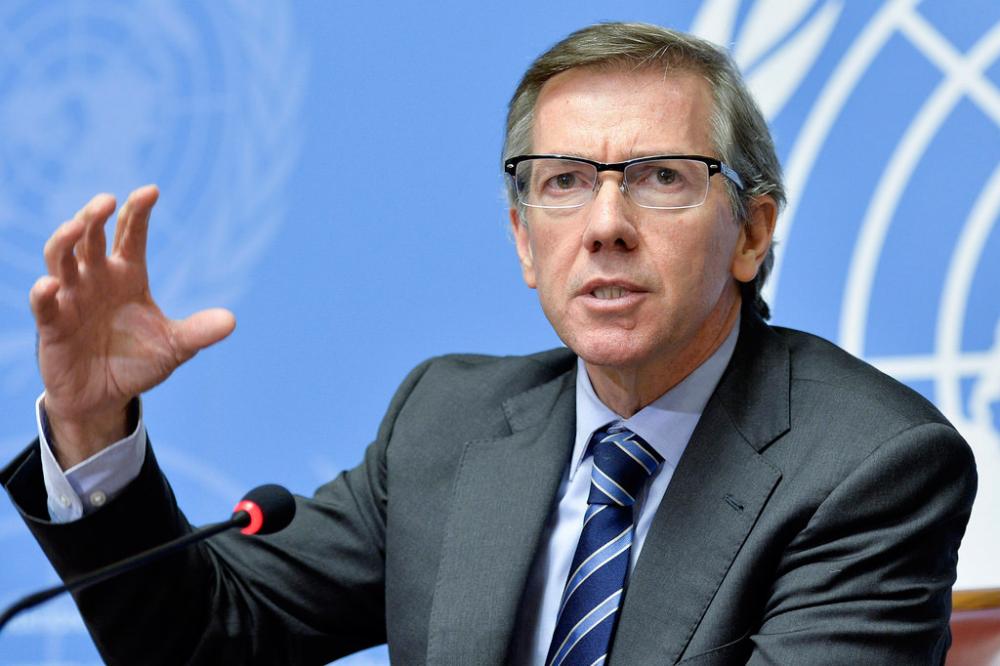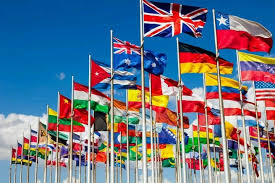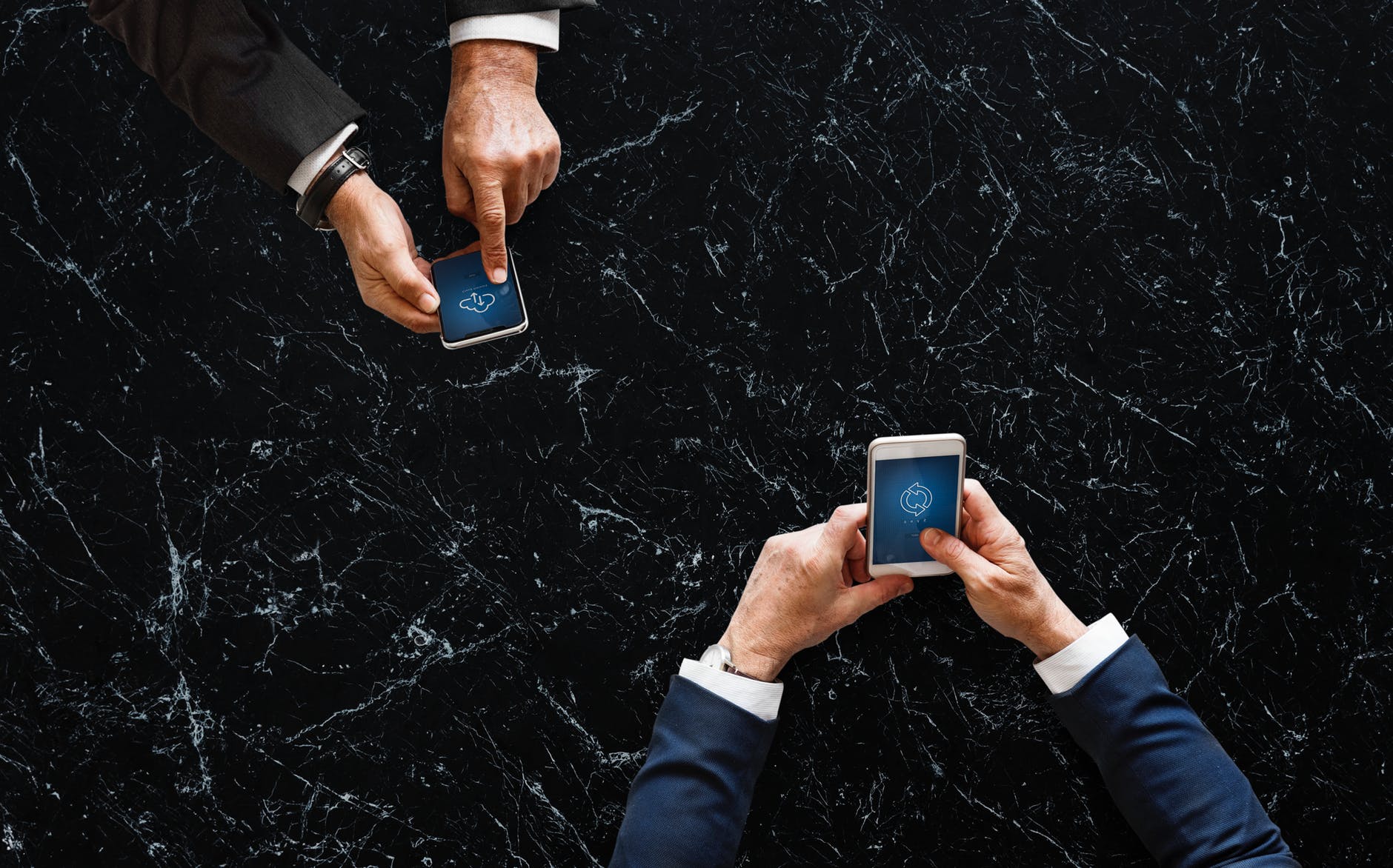Abu Dhabi Diplomacy Conference showers wisdom
Under the patronage of Sheikh Abdullah Bin Zayed Al Nahyan, UAE Minister of Foreign Affairs and International Cooperation, the inaugural two-day Abu Dhabi Diplomacy...
Modern diplomats must be social media experts, says UAE academy head
Former UN envoy, Bernardino León, is tasked with training the UAE’s next generation of overseas representatives
Diplomats of the future will need to be experts...
Article 02- What Is Diplomacy?
The Term Diplomacy is difficult to define, as there is no universal definition for diplomacy. Broadly speaking It has been defined as “institutionalised communication, among internationally recognised representatives…[who] produce, manage and distribute public goods”(Bjola and Kornprobst, 2013; p4). Alternatively, diplomacy can be defined as “the conduct of human affairs by peaceful means, employing techniques of persuasion and negotiation”(Badie et al, 2011; p1). What is clear is that diplomacy concerns communication between international actors in a networked sphere.
Moreover, diplomacy is conducted by independent states that enter into dialogue because of domestic policies affecting each other. Eighteenth century philosopher Jacques Rousseau termed this ‘body politic’, whereby a state is “forced to look outside itself in order to know itself”(Watson, 1982; p1). States must therefore constantly be aware of the happenings outside their borders, by engaging in dialogue as “their domes..
John Casson: Digital Diplomacy
https://youtu.be/wD0FdpMK70Q
Article 01: An Introduction to Digital Diplomacy
So what exactly is Digital diplomacy?
Digital Diplomacy is the use of digital tools by diplomats and by MFA’s (Ministry of foreign affairs) as a new method to conduct their public diplomacy. Digital diplomacy entails the use of digital tools such as social networking; Twitter, Facebook, Instagram, Google + and many other various social networking sites (SNS). The move for MFA’s to adopt digital tools happened when digital technologies began to penetrate every aspect of modern day life which of course impacted the political and diplomatic arena. The digital age saw people shift to online platforms as modes of interaction. The traditional forms of how politics was conducted is changing, and Western and European countries moved a huge proportion of their services online. This is when diplomats and MFA’s realized that they needed to interact with foreign publics as well as interact with their own nationals and the diaspora.
Former Mexican Ambassador to the USA, Arturo Sarukhan is said to..
Twitter is politically relevant
Today, 336 million people worldwide use Twitter every month, and it’s become so important that it’s being used to influence the outcomes of elections...
Technology, public opinion and diplomacy
Thanks for joining me! This post is a critical response to Christopher Meyer’s post found here.
“Is a digital revolution really transforming diplomacy…Or, with the clearing of...
Expert says Russia, US and China leaders in digital diplomacy
Russia, USA, China, Iran, France and Germany are the modern world’s leaders in digital diplomacy, says Professor of American studies, St. Petersburg state University...
Эксперт считает Россию, США и Китай лидерами в цифровой дипломатии
МОСКВА, 11 окт — РИА Новости. РФ, США, Китай, Иран, Франция и Германия являются современными лидерами в мире по цифровой дипломатии, считает профессор кафедры американских исследований СПбГУ Наталья...
Digital Diplomacy – the British way
In today’s time and age, social media has become embedded in the daily workings of not only corporate organisations but also that of the...









